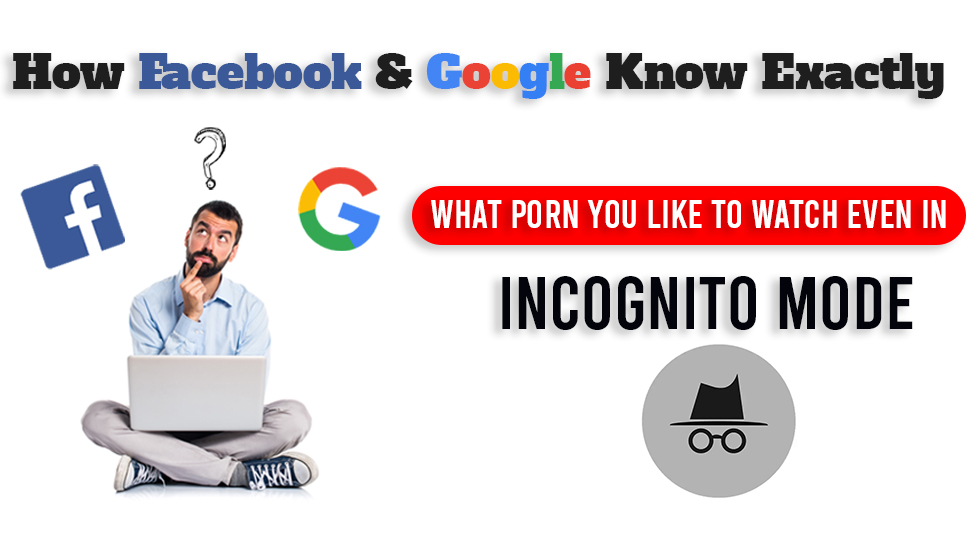
If the burning question in your mind is how does Google collect information? Then let me tell you that you’re not alone in this.
Data collection is nothing new and people have been collecting information since time immemorial. Some have done it for good, others for bad. With the internet now, this has gone up exponentially. Just consider how much data people around the world, formulate and procure on a daily basis.
As per DOMO’s research reports, it stands at about 2.5 quintillion bytes, which is absolutely mind-boggling. And tech giants like Google and Facebook are collecting almost the full brunt of it. At least when it comes to data from civilians like you and me.
Whatever the case may be, let’s get deep into the processes of Facebook and Google data collection up next.
So What Data Does Facebook Collect and yes, Google too?
We have to put forth the context for this discussion first. As that’s going to help shed light on the significance of all this. One can sum up, all of this, with a simple question. What kind of data are these power-house tech corporations after?
Ever since the Cambridge Analytica scandal, a lot of people have been really wary of data issues. Well, there’s a purpose for what one does, and sometimes there are more than one.
Sticking to the basics, Facebook has all your common identification details. Like your name, age, gender and all of that.
From there, they collect data from the websites that you visit. Personal information with regard to what you do there, what you buy or would like to buy and things like these. It’s the same in the case of Google, but the whole gamut is a bit different.
Here’s a Sneak Peep into the Deal with Tracking Purchasing Behavior
The reasons for tracking the purchasing behavior of users is obvious. As both Facebook and Google are platforms allowing advertisements. And this data acts as the driving factor to ensure that this entire system functions the way it does, Also, keep in mind that after Google, it’s YouTube with the number of searches. Now any guesses as to who owns YouTube? That’s right, Google.
The average user of these free online services has little or nothing that they can do to prevent any of this. Location data is a big thing here as well. Where previously big tech knew where you were, now they have answers to how you got there? Why you have gone there and obviously when.
This is critical data for a company like Google or Facebook. As it’s going to help them serve the most relevant ads to you. And if there’s something at your proximity, that might arouse your interest, the tech-giants presently get to know all of that. And it’s just routine protocol from there onwards.
In a way, this is good, as it’ll do away with all the hassle of taking time to find out about things. Then taking a decision with all the information that you’ve got. But the question is how much is too much?
How they Do All this Tracking and Recording?
Nowadays, you can sign into most of the available apps with your Facebook ID. And if you use Android smartphones, which Google owns. You’ll be downloading the app from Google Play Store.
Remember, that at every step that you put forth, there is a network of Big Data that is keeping an eye on every maneuver.
With Facebook, you have the strength of the network of people along with the ability to track location. Thus, it’s a complete encircling of the user when it comes to data collection.
Google Data Collection doesn’t involve any social network, but the power here is in specificity. As you’re typing in the query for the thing that you’re looking for, Google can match that up with your search history and help you get closer to what you want.
But, unlike the proverb ‘whatever happens in Vegas, stays in Vegas’ whatever happens on the internet, stays there and will come back to you in some form or the other.
Google’s Incognito Mode – Not so Incognito
Think the Incognito mode that you have with the Chrome browser is a safe getaway from big tech eyes? Think again.
The main reason people fire up the Incognito mode of the browser is that they hope against hope that they can keep slate clean dodging the eagle-eyed tech-giants. However, that’s not the case at all.
It’s just that whatever you’re searching from the sites you’re visiting are not going to be there in the browser history section. Rest of it is all the same as the normal browser.
Google is now paying $5 to people who agree to share their face data. That, I believe is going to be for the facial recognition technology that they’re working on. But, once again it depends on who’ll be using it and for what.
Winding Up
Technology is technology. It’s not bad, neither is it good. The variables are associated with whoever is controlling the operations.
Just like fire, which if one uses judiciously will help them cook food better, and keep them warm in the cold. Otherwise, there’s going to be a disaster.
To answer the question of whether Facebook is giving out personal information or not, they probably are. And there will be regulatory measures on that in more places in the near future. Same will hold for Google if people feel the need for it.
